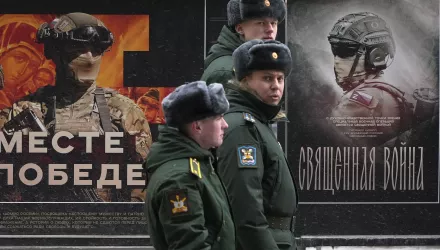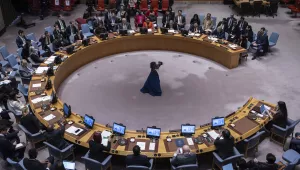International Security is America's leading peer-reviewed journal of security affairs.
Summary
From 1940 to 2000, Islam was involved in a disproportionately high number of civil wars compared with other religions, such as Christianity or Hinduism. To help explain the overrepresentation of Islam in these wars, this article introduces a theory of “religious outbidding.” The theory holds that embattled political elites will tender religious bids when they calculate that increasing their religious legitimacy will strengthen their chances of survival. In combination with three overlapping factors—the historical absence of an internecine religious civil war similar to the Thirty Years’ War in Europe, proximity of Islam’s holiest sites to Israel and large petroleum reserves, and jihad (i.e., defense of Islam as a religious obligation), religious outbidding accounts for Islam’s higher representation in religious civil wars. The article includes a statistical analysis of the role of religion in civil wars and tests the logic of the argument of religious outbidding in the case of Sudan’s two civil wars.



